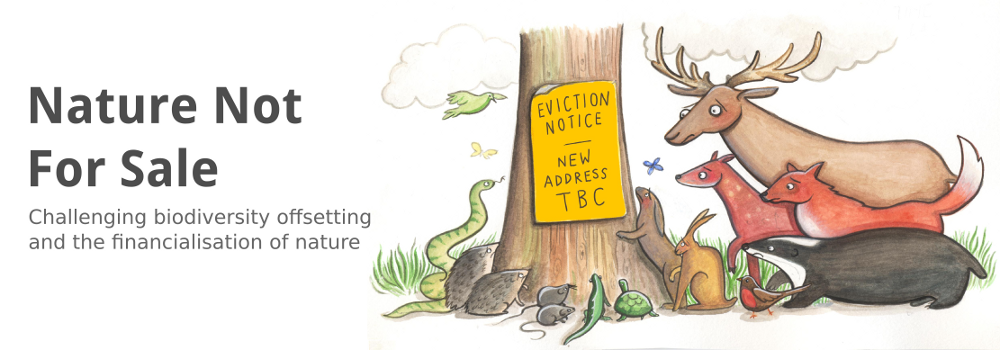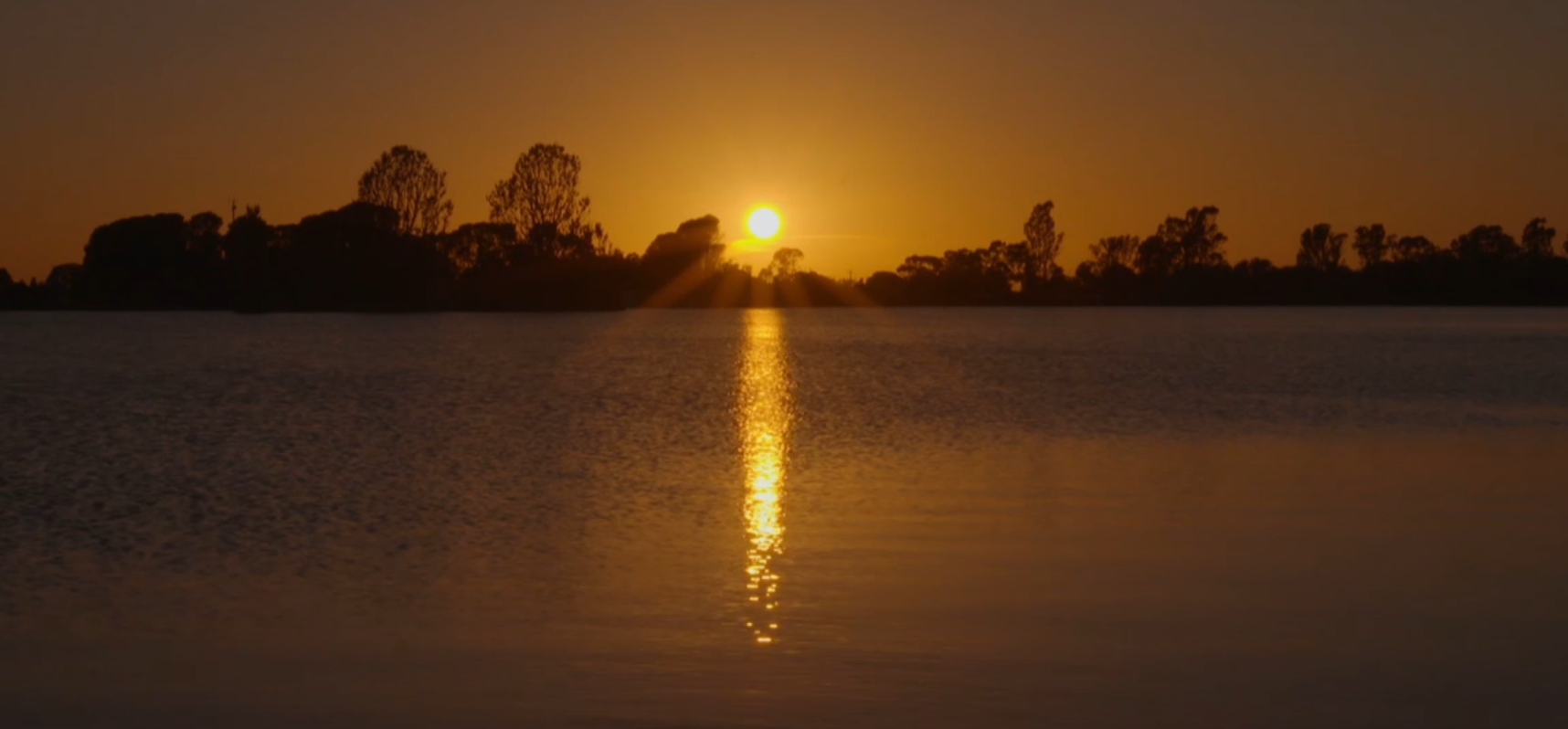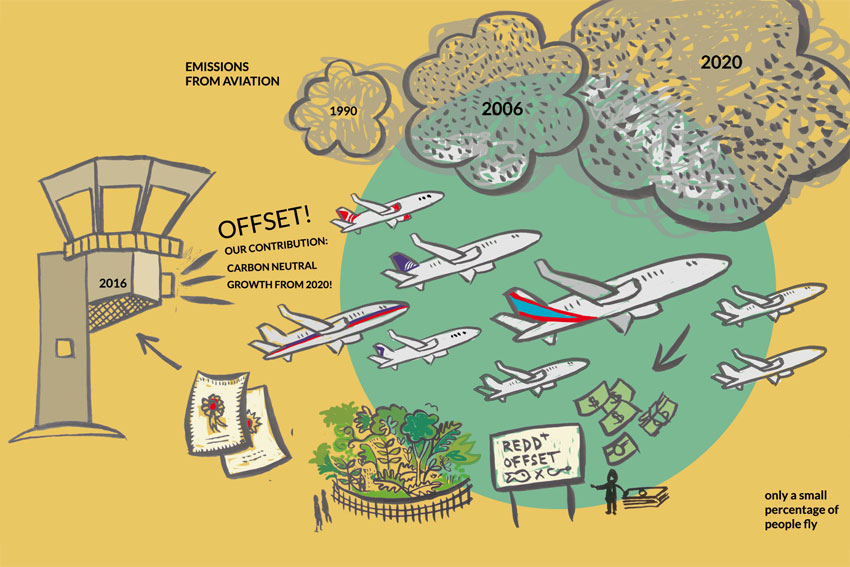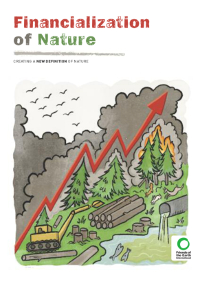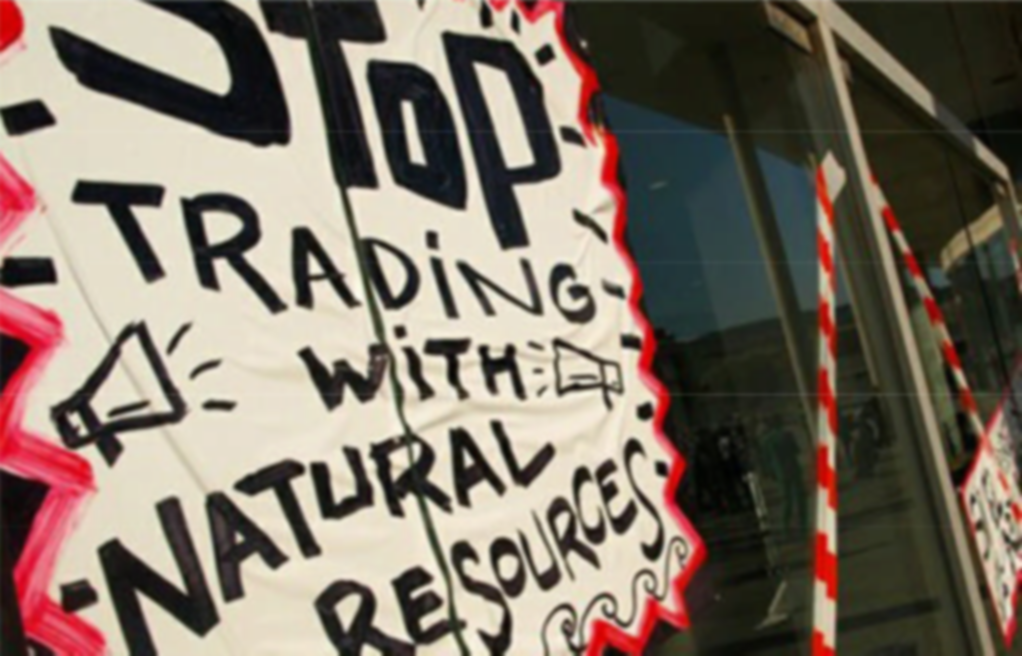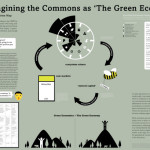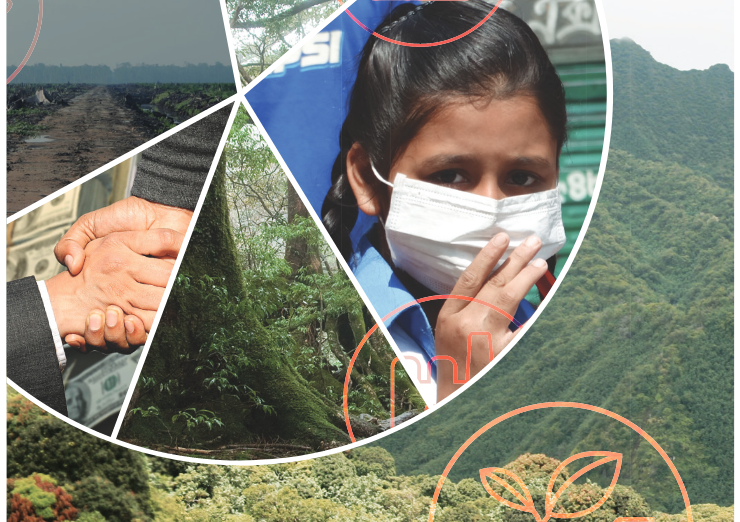
Friends of the Earth International have published two new briefings on the financialisation of nature over the last two decades.
Both consider how corporations, industries and international institutions have spent the last two decades pursuing market-based ‘solutions’ to the deepening biodiversity crisis. ‘Financialization of nature’—a process of framing discourse and policies related to environmental protection in solely economic terms—has been portrayed as the ‘win-win’ solution, allowing for conservation of nature while business as usual continues. However, this proves to be a false solution, allowing further environmental destruction and human rights violations in the process.
‘Regulated Destruction‘ explores how corporations and countries use Financialization of Nature discourse to weaken environmental regulations and facilitate exploitation by extractive industries in protected areas and other contested places.
‘Nature For Sale‘ unpacks how businesses use Financialization of Nature processes for profit: by bending environmental policy to their interests, getting access to restricted natural sites, getting quick approval for financial loans, and winning reputational benefits through greenwashing. The report digs deep in to the involvement of certain sectors—banking, extractive industries related to mining, oil, gas and quarrying, real estate, consumer goods, and aviation—and how each of them benefits from offsetting and similar schemes
Click the links to download the reports from the Friends of the Earth International website.
